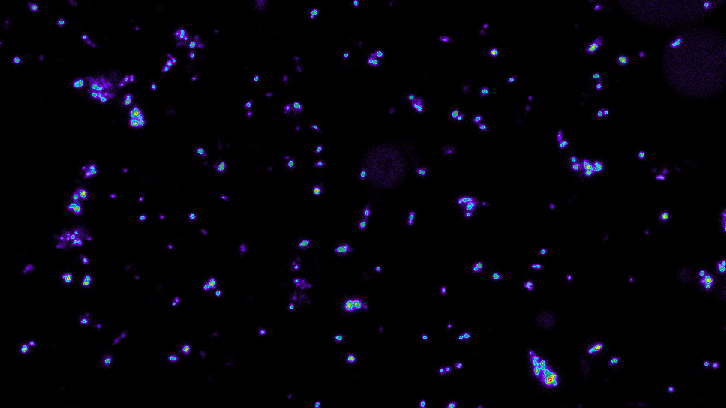Olive oil role in the treatment of bladder cancer

Spain has one of the highest incidence rates of bladder cancer, compared with the rest of the world. Most of the patients undergo immunotherapy treatment. This treatment activates patient’s immunologic system, which acts to remove the tumor. In particular, a live bacterium called Mycobacterium bovis BCG is administrated into their bladders. Despite its effectiveness, the treatment is often associated with adverse effects, such as BCG infection, which can be serious. Recently, UAB investigators have described Mycobacterium brumae as a positive antitumor agent because it isn’t pathogenic and thus there is no infection risk.
The antitumor effect of mycobacteria could be potentially improved. This genus of bacteria is characterized by a rich proportion of lipids in its cell wall. The presence of these lipids induce the aggregation of the bacteria when they are in the aqueous solutions administrated to the patients. The formation of these clumps could make difficult the interaction of mycobacteria with the immune system of the patient. To disrupt these mycobacteria clumps, oil-in-water emulsions were used, and because it is known that emulsions are also able to stimulate the immune system. Different oils (olive oil, mineral oil, etc.) to make the emulsions were studied and different proportions of oil and water were also studied.
The success of the olive oil emulsion
Among all of them, the emulsion based on olive oil showed the best results. Emulsified mycobacteria applied on bladder cancer cells (in vitro) resulted in a reduction of tumor growth. Most relevant was the effect on the animal model of the disease, due to the fact that all mice receiving M. brumae in olive oil emulsion survived until the end of the experiment. Both the in vitro and in vivo experiments showed a superior immunologic response compared with the habitual formulation. It could be concluded that M. brumae on olive oil emulsion improved its antitumor capacity.
These results has been recently published on Scientific Reports, which belongs to the Nature group, The work has been carried out by scientifics from the Department of Genetics and Microbiology of the Biosciences School, the Department of Animal Medicine and Surgery of the Veterinary School, and the Microscopy Service of the UAB, in collaboration with the Bacterial Infections and Antimicrobians Therapies group at the Institute for Bioengineering of Catalonia (IBEC) (Barcelona).
Mycobacteria Research Lab
Dept. Genètica i Microbiologia.
Facultat de Biociències
estela.noguera@uab.cat / esther.julian@uab.cat
References
Noguera-Ortega, E. et al. Mycobacteria emulsified in olive oil-in-water trigger a robust immune response in bladder cancer treatment. Scientific Reports. Rep. 6, 27232; doi: 10.1038/srep27232 (2016).

